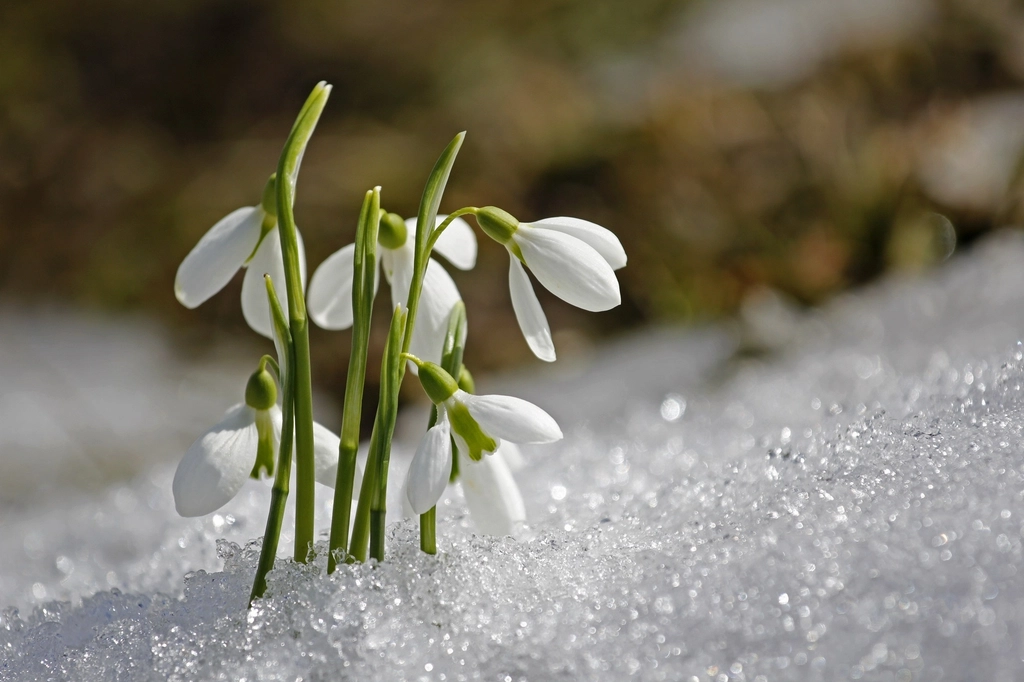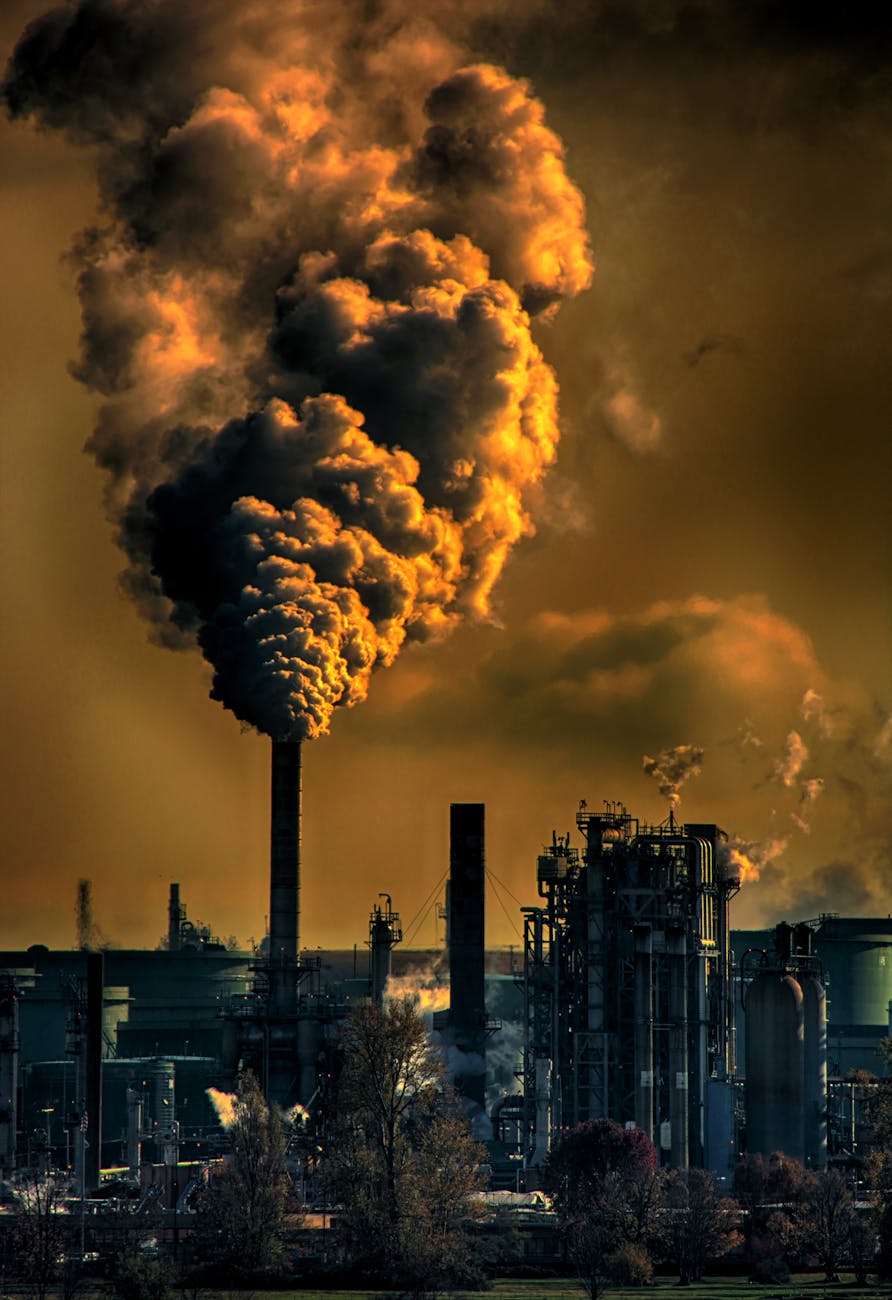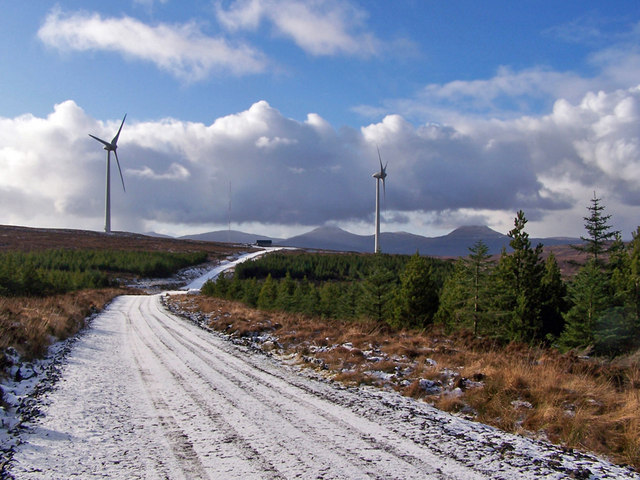In the UK this week, spring flowers were reported blooming in January.
Not in a greenhouse.
Not as a freak anecdote.
But across regions — measured, recorded, and described as part of a trend.
The same reports note that the UK has just experienced its warmest years since measurements began in 1884.
This is not speculation.
It is observation.
Plants do not follow politics. They respond to temperature. When ecosystems start behaving out of season, it tells us something fundamental has shifted.
This is climate change in its early, quiet form.
And if left unchecked, it does not stop here.
From Climate Change to Possible Collapse
Climate change is not just about warmer weather or uncomfortable summers.
Left unresolved, it can lead to global ecological collapse — not the end of the planet, but the breakdown of the living systems that support food, water, stability, and human cooperation.
This is the point where climate change stops being an environmental issue and becomes a civilizational one.
Nature stops buffering our mistakes.
Ecosystems lose resilience.
And societies built on constant growth and consumption begin to strain and fracture.
The Real Cause
At the root of this lies one dominant driver:
systemic pollution.
The largest source of pollution is not individual behavior.
Not culture.
Not human nature.
It is the economic system itself — a system that requires endless extraction, growth, consumption and combustion in order to function.
A Measure of Success?
As long as success is measured in money, damage that does not appear on balance sheets becomes invisible.
When profit depends on extraction, extraction continues.
When growth is mandatory, limits are ignored.
Burning fossil fuels is not an accident of this system.
It is a requirement of it.
No offset, no efficiency gain, no future technology can change that physical reality while the underlying incentive structure remains the same.
The system is doing exactly what it was designed to do.
A Precedent We Forget: The Ozone Layer
We have faced a planetary threat like this before.
In the late 20th century, scientists discovered that human‑made chemicals — CFCs — were thinning the ozone layer. The result was direct and measurable harm: more ultraviolet radiation reached the surface, increasing the risk of skin cancer, cataracts, and damage to ecosystems.
The response was decisive.
CFCs were identified as the cause and phased out globally through the Montreal Protocol. Not adapted to. Not offset. Stopped.
And once the cause was removed, the ozone layer began to recover.
This matters because it proves something essential:
When humanity identifies a root cause and removes it, planetary systems heal.
The difference today is not physics. It is scale.
CFCs were a side branch of the economy.
Fossil fuels are the cornerstone of the entire monetary system.
That is why climate change has been harder to confront — not because the solution is unclear, but because it challenges the very system that runs our world.
Can We Stop It at All?
This is the question people are often afraid to ask:
Can we actually stop this — not slow it, not manage it, but stop the collapse trajectory altogether?
The honest answer is:
Yes.
But only if we are willing to stop absolutely all pollution.
Not symbolic reductions.
Not offsets.
Not promises for later.
All pollution.
And that immediately reveals the deeper truth.
Stopping all pollution means stepping beyond an economy that depends on pollution to survive.
It means letting go of a system built on endless competition, extraction, consumption and growth — and replacing it with one aligned with life.
This is not a technical leap.
It is a systemic one.
Which means we have to not only change one part of the economy like we did to fix the ozone layer, we have to change THE WHOLE ECONOMIC SYSTEM ITSELF.
An Awakening — Not a Dystopia
In the novel Waking Up – A Journey Towards a New Dawn for Humanity, the future is not a dystopia where climate change ran rampant and humanity collapsed into endless struggle.
It is the opposite.
At a certain point in future history, humanity experienced an awakening.
Not a mystical event — but a moment of collective clarity.
Humanity stopped asking how to dominate, outcompete, or survive at someone else’s expense.
And started asking a radically simple question instead:
Why not just be friends?
Why fight over resources on a shared planet?
Why organize society around fear, scarcity, and competition?
Why not simply collaborate — and create the best possible world for all life?
That shift changed everything.
Once the incentive to compete and extract was removed, pollution stopped at the source.
Climate change no longer dominate daily life.
Not because it was ignored — but because its cause was removed.
In Waking Up, the future is calmer.
More humane.
More cooperative.
Climate change is not the story.
It is what stopped being the story once humanity chose to grow up.
Follow Benjamin Michaels
Through the eyes of Benjamin Michaels, you are invited to step into that future — not as fantasy, but as a plausible consequence of choices we could still make. It is not too late.
👉 Follow Benjamin Michaels into that future in Waking Up – A Journey Towards a New Dawn for Humanity.
Because the world does not need more dystopias.
It needs a vision of what becomes possible when humanity finally chooses cooperation over destruction. If this resonates with you, please share this article. And to get more, subscribe to the newsletter below…




